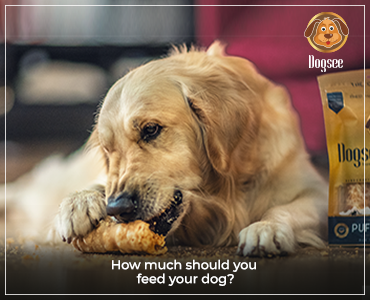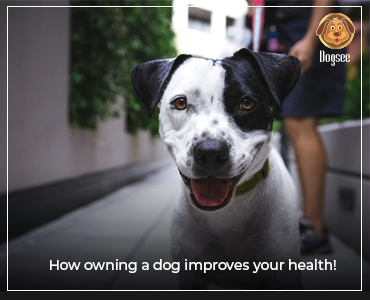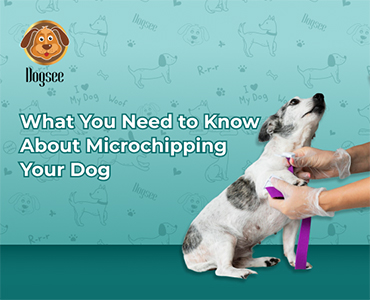
Puppies are always learning from their environment and while socialising with other dogs and pups. One way to make sure your puppy training results are good is by reinforcing good behaviour. This creates a strong foundation that will set the tone for their adulthood. Having your pup socialise and giving them basic training helps them grow into confident adult dogs.
Training your pup starts with the week you bring them home, typically 8 weeks of age. At this age they are able to quickly grasp the commands to sit, stand, stay and come. The moment you bring your puppy home you essentially start house training. Puppies learn from birth and if you are a good dog parent you will try and prioritise socialising your pup. Young pups have short attention spans, which means you need to spend extra time and have more patience while training. Because of their short attention spans, pups can only be trained in simple and basic tricks. Formal dog training however should no be delayed till 6 months of age. When a pup is young they tend to pick up on a lot of behaviours that they will have as an adult, therefore making this period the best opportunity for teaching them to behave. However behaviours learnt by themselves during the puppy stage will have to be rectified.
Here are a few tips to make sure your pup enjoys his training sessions:
1. Short Sessions

Since the pooch is very young and has a short attention span, starting from 5 minutes in the first week of training, you can slowly increase the amount of time you spend training your puppy. If your pup is really young make sure the sessions do not exceed 15 minutes per day as this will tire the poor pup out. Always make sure you end your sessions on a positive note with some puppy treats!
2. Stay Consistent
It is important to have consistency to train your puppy. Using the same words and hand signals while teaching during each session will help your puppy grasp the basic cues faster. If you use different or even similar cues your pup will not understand which would result in an unsuccessful training session.
It is important to reinforce the desired behaviours with consistency. For example if your pup is at the door and barkes, make sure you reward his good behaviour i.e notifying you that he needs to go out in the way he was trained.
It is important to be consistent in your approach to cues and training. Use the same word and/or hand signal when you teach your puppy basic cues such as sit, stay, and come.
It is also important to reinforce desired behaviours consistently, even when it’s not convenient. So if your puppy is at the door needing to go outside to go to the bathroom, stop what you are doing, let them out, and reward them for going to the bathroom outside. You may also reward them with a few dog treats for puppies.
3. Practice in Different Environments

Training your pup at home is vastly different from training at the beach or park. Since your puppy is always used to being trained at home and using the cues at home they would take some time to adjust their attention and understanding of the surroundings which is essential. The variety of sounds and smells definitely affect their judgement. Changing environments helps your pup gain confidence in different scenarios. Please keep in mind that your puppy should not be socialising during the training sessions.
4. Patience
It is really important to have a lot of patience when training your pup. They are like young children and will make mistakes and may not always understand what you are saying. All pups are different and learn at different speeds. Maintaining a consistent routine may help in making your pup feel secure and ready to learn.
5. Positive Reinforcement
There are many methods available when it comes to training your pup. However it is best recommended to train your pup using positive reinforcements. And what better way to reward your young one during training than with Dogsee Chews’ puppy training treats. Training treats for puppies help as they encourage them. The use of harsh punishments like choking devices or shock collars are abusive in nature and may even harm the puppy physically and cause long-term disabilities in your pup. It may also trigger forms of fear and anxiety for your dog as an adult.

To apply this we at Dogsee Chew highly recommend Mini-sized dog training treats that would definitely have your pup look forward to his puppy training sessions. Some puppies may even find puppy chew sticks or bars as a fitting reward after a tiring training session. Make sure that you express a job well done to your pup by giving the best treats for your puppies. Make sure the treats you give your pups are the perfect size so that you can avoid any choking hazard or indigestion issues
Read more about options for training treats that do not cause any gut problems in dogs here.
Conclusion
Training your dog from a very young age is essential as it helps them get accustomed to different types of commands and environments. Your dog may be able to pick up different behaviours from other dogs while socialising. Keep in mind that the training sessions are also a time when you can rectify any unwanted or ill behaviour you may have seen your pup display. We believe that the most important role of a training session with your pup is the ability to form a bond and have fun.
 HELPFUL0 people found it helpful
HELPFUL0 people found it helpful
Related Blogs
Subscribe to Our Blogs
and never miss on the latest update!



















